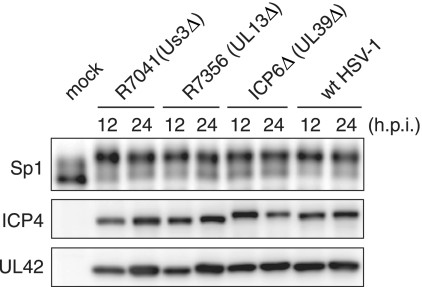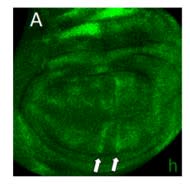
Cat. #157667
Anti-PSMA (1A11) mouse
Cat. #: 157667
Sub-type: Primary antibody
Unit size: 100 ug
Availability: 10-12 weeks
Target: human glutamate carboxypeptidase II (amino acids 21-288)
Class: Monoclonal
Application: ELISA ; IHC ; WB
Reactivity: Human
Host: Mouse
£300.00
This fee is applicable only for non-profit organisations. If you are a for-profit organisation or a researcher working on commercially-sponsored academic research, you will need to contact our licensing team for a commercial use license.
Contributor
Institute: Institute of Biotechnology CAS
Tool Details
*FOR RESEARCH USE ONLY
- Name: Anti-PSMA (1A11) mouse
- Alternate name: Glutamate carboxypeptidase II; NAALADase; FOLH1; PSMA; Folate Hydrolase 1; N-Acetylated Alpha-Linked Acidic Dipeptidase 1; Prostate Specific Membrane Antigen; ;PSMA; GCPII
- Tool sub type: Primary antibody
- Class: Monoclonal
- Conjugation: Unconjugated
- Reactivity: Human
- Host: Mouse
- Application: ELISA ; IHC ; WB
- Description: GCPII reveals glutamate carboxypeptidase activity that is responsible for uptake of folate by intestine, moreover, it participates on regulation of neurotransmission via hydrolysis of the neuropeptide N-acetyl-aspartyl-glutamate in central nervous system. GCPII is expressed in several tissues including prostate epithelium, kidney, small intestine and nervous system. Disregulation of GCPII activity could be connected with hyperhomocysteinemia and various neuro-pathological conditions including glutamate excitotoxicity. GCPII stays as a leading biomarker of prostate cancer due to huge upregulation of its expression in tumor tissue.
- Immunogen: human GCPII extracellular domain
- Immunogen uniprot id: Q04609
- Isotype: IgG1 kappa
Target Details
- Target: human glutamate carboxypeptidase II (amino acids 21-288)
- Target background: GCPII reveals glutamate carboxypeptidase activity that is responsible for uptake of folate by intestine, moreover, it participates on regulation of neurotransmission via hydrolysis of the neuropeptide N-acetyl-aspartyl-glutamate in central nervous system. GCPII is expressed in several tissues including prostate epithelium, kidney, small intestine and nervous system. Disregulation of GCPII activity could be connected with hyperhomocysteinemia and various neuro-pathological conditions including glutamate excitotoxicity. GCPII stays as a leading biomarker of prostate cancer due to huge upregulation of its expression in tumor tissue.
Applications
- Application: ELISA ; IHC ; WB
Handling
- Format: Liquid
- Unit size: 100 ug
- Shipping conditions: Shipping at 4° C
References
- Nov
kov et al. 2017. Prostate. 77(7):749-764. PMID: 28247415.




